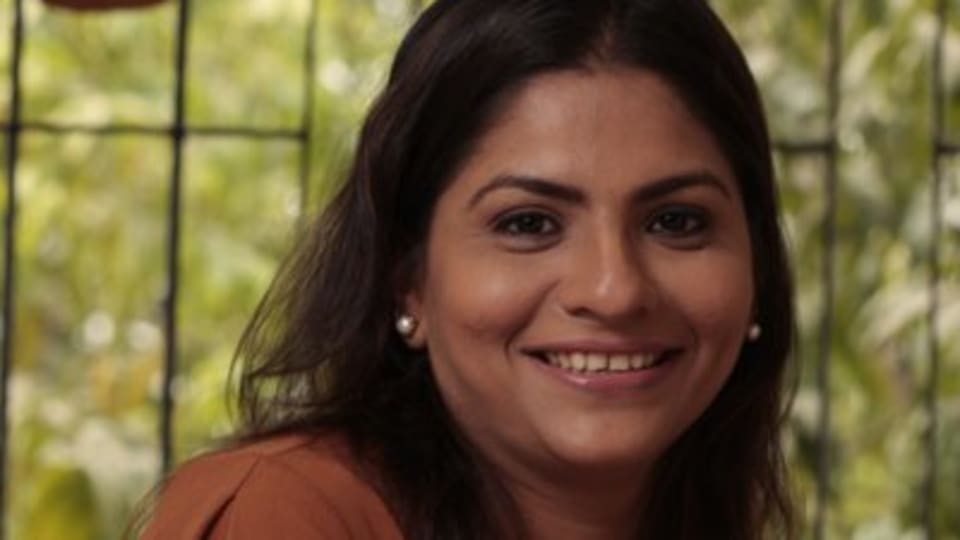Sports psychologists believe Indian athletes coping well with uncertainties related to Covid-19
Indian sportspersons have openly spoken up about mental health since the outbreak of Coronavirus, which threw their Tokyo 2020 preparations off-course

It can be argued that Covid-19 blindsided the sporting world in many ways with the pandemic throwing up hitherto unforeseen challenges for athletes and fans. With the pandemic hitting different parts of the world in varying degrees of severeity, events have been cancelled throughout while many were held with huge restrictions in place.
With the advent of bio-bubbles, quarantines and what not, the mental and physical toll on athletes has been huge.
Mumbai-based sports psychologist Mugdha Bavare, who is grooming elite Indian athletes for Tokyo 2020, said that most of them have coped well with the uncertainties despite several of them missing out on qualification because events were cancelled due to the pandemic.
Premier badminton players Saina Nehwal and Kidambi Srikanth were among those who were relying on the remaining qualifying events to book their ticket for Tokyo 2020. But with Singapore Open, the last qualifying event for the Games, being called off due to the surge in pandemic, the duo are set to miss the Tokyo Games.
"Those who have not qualified for Tokyo 2020 have coped very well,” Bavare said during a media interaction organized by the Sports Authority of India (SAI).
“Athletes who have qualified for Olympics and were looking at these events as a chance to look at where they (stand) at the moment and how much they need to work, they need to open up and deal with (their) emotions. This generation is fortunate to have professional support.”
Sanjana Kiran, head of the sports psychology department, at the Abhinav Bindra Foundation Trust said that athletes, who dedicate their lives to work on every detail and eventuality, should sometimes understand that there are things they cannot control.
"It is tough (for the athletes). I would have been devastated after working so hard,” Kiran said.
“Especially with the Covid-19 situation. But then it is what it is. Initially, the (athletes) are shocked and angry. But sometimes you've to accept it. It won't be easy for those who are looking at Tokyo 2020 as their last Olympics and have a retirement plan.
"Those who are going through this; it's okay to go through the cycle. When you know you don't have control of the situation. That is the only way to get out of it but it is going to take time.”
While some still shy away, a lot of athletes are now openly discussing mental health especially due to the toll Covid-19 has taken.
"Since last year, it (mental health) has come to the surface,” she said.
“It is extremely important because the kind of routine that they go through, efforts they put in, mental health is overlooked.
"Athletes also ignore if something is wrong with them. Having good awareness, in terms of mental health, athletes have learnt to express ourselves. It has given a chance to athletes to speak up."
Kiran, meanwhile, feels that the athletes have become more self-aware during the pandemic.
"Pandemic brought stillness to the lives of athletes,” she said.
“It gave (them) time to become more self-aware. And now they have to accept that it's okay to feel helpless. It's not uncommon and then (people) tend to overthink or to share with everyone.”
There are plenty of youngsters in the Indian contingent bound for Tokyo Olympics – including the likes of shooters Manu Bhaker and Saurabh Chaudhary who are only 19 years old.
"Most of the work that needs to be done at the developmental stage is important. They should be taught to accept success as a part of the effort and also know that being an athlete is just one part of life," Kiran said.
“Then it comes to setting goals. If these athletes only have an identity of an athlete, that is when they struggle to manage success. We can encourage them. It is important that they get their education right, spend time with friends and families.”
Bavare concurred with Kiran, and said that athletes should target excellence even beyond the playing field.
"When I work with grassroot-level athletes (in India), I've seen sport is a synonym for success and that is why even a beginner wants to win,” she said.
“A person has to focus on the process, we need to groom the parents and coaches towards excellence-centered approach. Now, this is something that whether you're (an athlete) or not, the process will help you go ahead.
"It is important to change their perspective. Making them understand sports is not everything and having a plan B ready. Making them understand that beyond sports is also your career or hobby which can give them respite from the sports, freshen up their mind.”
